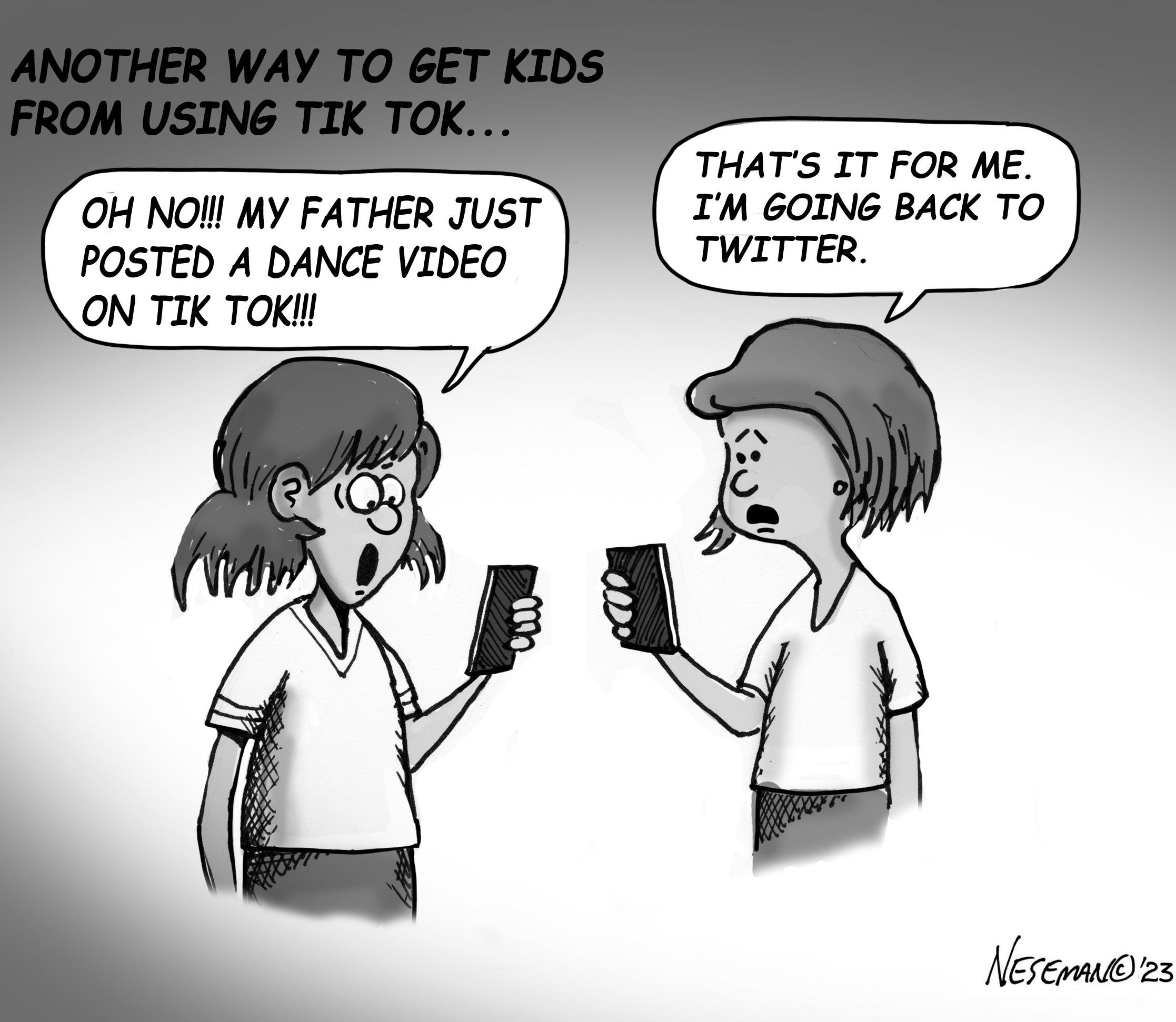
3 minute read
Getting mental health help when needed most
By ROKSANA AMID ramid@liherald.com

The term “mental health” is often misunderstood, with many often thinking it’s limited to having a mental illness or being mentally ill.
But mental health is about how good people feel emotionally, and the behaviors associated with them. It helps determine how people handle stress, relate to others, and make healthy choices.
Just like how people take care of their bodies, they also need to take care of their mind and emotions. More often than not, people don’t think of their mental health until it is something they must deal with.
In fact, a Truth in Medicine poll released last year by Oceanside’s Mount Sinai South Nassau, found that 36 percent of Long Island residents say they or their adult family member faced challenges accessing mental health services care, like simply getting an appointment.
Limited access to health insurance is often the biggest challenge in accessing such care, county officials said. A recent town hall by Nassau County’s mental health, chemical dependency and developmental disabilities services department held at Nassau Community College, shared some of the options people might have, health insurance or not.
The gathering outlined a plethora of resources available within the county beginning, of course, with calling 911 for medical, police, fire, or rescue emergencies. But there’s additional help available — 988 — for confidential emotional support involving thoughts of suicide or any other emotional distress.
For those seeking to seek help in-person, Nassau County offers more than 50 resources, organization that have pledged to help the community, even if paying for those services might be an issue.

One of those newest resources set to begin next year is with the Central Nassau Guidance and Counseling Services. Jaclyn McCarthy, the center’s division director, said there’s often a genetic component for poor mental health, where people may be predisposed to developing some of the inabilities to manage stress or difficult situations in their life. Environmental factors, as well as sleep deprivation, or social factors like unstable relationships or substance abuse, can influence someone’s need to seek treatment.
But McCarthy also notes people often don’t seek help because of the stigma associated with addressing mental health. For instance, cultural taboo can deter people who desperately want to better themselves.
“People don’t feel as though they are going to be perceived in the same way by family or friends — or their employer — if they say that they’re struggling,” McCarthy said. “So people don’t speak up about it, and people don’t access the resources. But part of what all of us here today are really here to talk about is how to stand up and talk about it, and allow people to feel more comfortable with it so that we can help reduce that stigma for everyone.”
Treatment is different for every person, but individual therapy is a standard practice for those seeking help. McCarthy notes treatment is assessed on a spectrum to cater to each person’s needs.
Five Mental Health Resources in Nassau

■ Central Nassau Guidance and Counseling Services
— Projected to open in early 2024
■ Family Treatment and Recovery Center — (516) 746-0350
■ Long Island Addiction Center — (516) 788-6449
■ Mercy Recover House — (516) 868-2244





■ The Charles Evans Center — (516) 622-8888

“We ask what do they want to get out of these sessions, and what are their biggest struggles so that we can help tailor intervention specifically for them,” she said. “Not everyone needs to take medication or is even encouraged to take it. It depends on their situation.”
Patients seeking treatment for substance use or behavioral issues hang on to the patterns and habits that don’t suit them because they’ve used them to cope with their stress,” McCarthy said. A major part of a patient’s treatment is to help them understand that relapse can potentially happen.

“We try to help them identify it before it happens so that they can put their coping skills in place prior to struggling with a relapse,” she said.
“We all want the same goal. We all want to make sure that individuals have help for whatever they need help within the moment, when they’re ready for that help.”
A $10,000 donAtion to the Diabetes Research Institute will help further research towards a cure for the millions who live with the disease.
Donation helps diabetes research



Nassau County Legislator Delia DeRiggi-Whitton and Rebecca Castronovo, cochairs of the annual “Cooking for a Cure” fundraiser, welcomed Keith Way to The View Grill in Glen Cove on June 27. There, he presented $10,000 donation to the Diabetes Research Institute Foundation in memory of his wife Jennifer, who died following a lengthy battle with cancer.
Jennifer’s life was celebrated as part of the recent “Cooking for a Cure” fundraiser, an annual event that raises funds for DRI. Way said he hopes the donation will ‘go a long way toward supporting the Diabetes Research Institute.


“We are grateful for this contribution,” DeRiggi-Whitton said. “And honored that he would choose to celebrate his loving wife’s legacy with such a meaningful gesture.”








